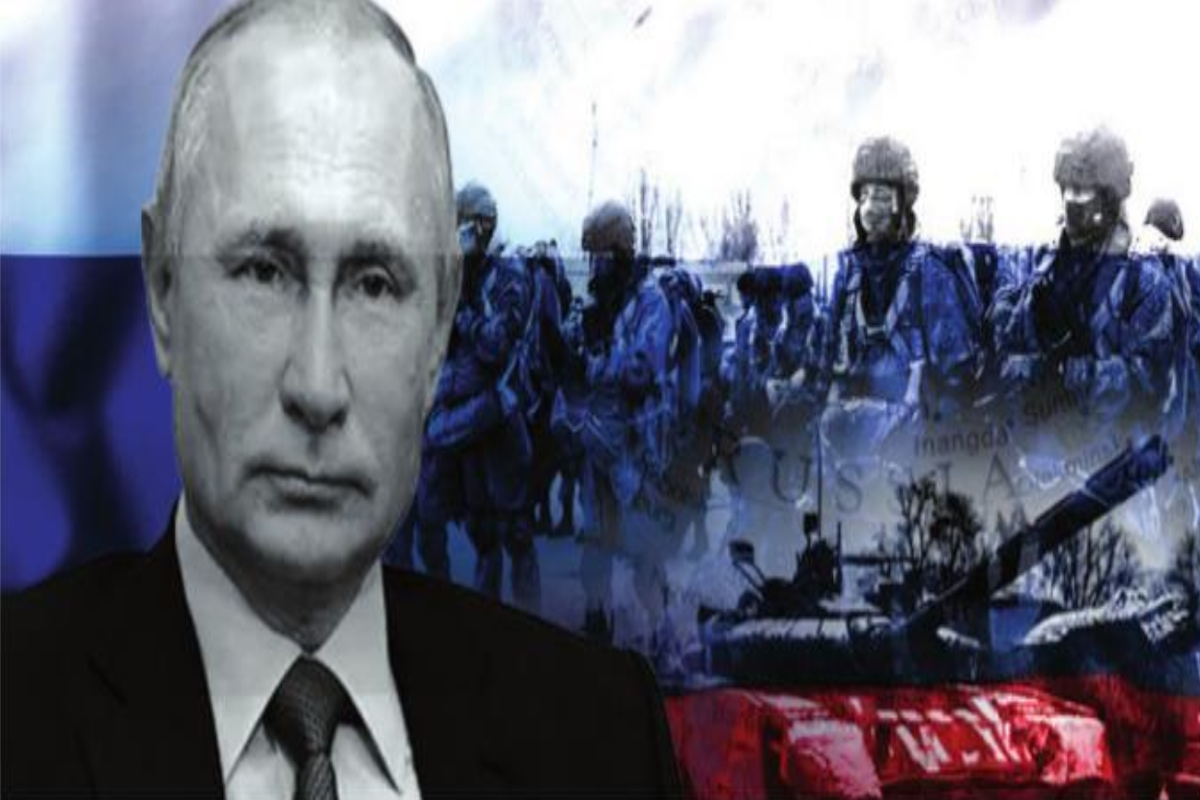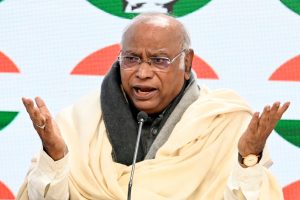The presumptively fast-tracked Nato membership of Sweden and Finland does not come as a surprise. Until fairly recently, these two Nordic nations proudly relished their long-standing neutrality. Vladimir Putin’s aggression against Ukraine decisively shifted the geopolitical dynamic.
It is just one of the numerous ways in which the Russian leader’s attempted invasion has backfired. Moscow’s discomfiture about what was from its inception an anti-Soviet military alliance arriving at its doorstep predates the Putin era. Even Boris Yeltsin, who relied on Western backing for his longevity in power, resented the idea.
Putin has been more outspoken on this issue for 15 years but to little avail. The loyal organs of the Western establishment have lately been sowing doubt about the verbal US vow to the last Soviet president, Mikhail Gorbachev, that Nato wouldn’t expand eastwards if he permitted the reunification of East and West Germany.
It was a lie, compounded by the fact that neither the Soviet Union nor Russia was permitted to become a part of the US-dominated European security structure. Partly as a consequence, post-Soviet Russia has rarely had occasion to regard Nato as anything other than a hostile military alliance.
Hence its dominant role in the Ukrainian conflict, including the fool-hardy role of US intelligence agencies in targeting Russian forces. None of the previous provocations, though, was tantamount to a casus belli.
At the same time, even though Western intelligence predicting Putin’s assault on Ukraine was widely disputed, including by this writer, if the US was convinced of what lay ahead, a flurry of diplomacy would have been a far wiser option than promoting belligerence. That option was disregarded. Instead, the US has been supplying Ukraine with lethal weapons, contributing to the narrative that it is prepared to combat Russia down to the last Ukrainian.
It hasn’t quite come to that. With Western help, Ukraine’s resistance has proved far more effective than expect- ed. Russian forces appear to have retreated on some fronts.
With little significant information flowing from Moscow, beyond propaganda, it is hard to discern the extent to which Putin’s objectives have been recalibrated. Unexpectedly, there was barely a mention of Ukraine in his Victory Day diatribe on May 9 — which marks the Soviet victory against Nazi Germany in 1945 and has been deployed to promote the narrative that the anti-Nazi push carries on.
That, in turn, relies on the fake impression that Ukraine is somehow effectively a fascist entity. If anything, that appellation applies more to the Kremlin in present circumstances. There are indeed neo-Nazi forces deployed in Ukraine’s security structure, notably the Azov Brigade. But Ukrainians are hardly more likely to recognise its toxicity when it is effectively combating the seemingly reluctant invaders.
There is no dearth of reasons to blame Putin for what is going on in Europe. But the level of Western hypocrisy cannot be overlooked. There are innumerable examples, but let’s pick on one. It emerged a few weeks ago that the Solomon Islands, a minuscule entity in the South Pacific, had signed a security deal with China. Its details have not been revealed, but it was suspected that the arrangement might involve, if not exactly a Chinese base, at least docking rights for Beijing’s warships.
The validity of that presumption is unclear — the Solomons and China have both denied it. But in the context of next Saturday’s Australian elections, the issue has been cited as evidence of the incumbent conservative government’s short-sightedness in disengaging from its Pacific neighbours.
Beyond that, though, there’s the fact that the Solomon Islands is 2,000 kilometres away from Australia. The US has threatened to ‘act’ if the Solomons host anything that might be considered a Chinese base. Ukraine and Fin- land jut into Russian terrain. Yet Russia regarding their potential Nato membership as a red line is considered dramatically unacceptable.
So, sovereignty for Ukraine but not for Solomon Islands? Is it because the Solomons are territorially tiny, or because their inhabitants are not white?
The skin-colour factor has, of course, made most European countries far more receptive to Ukrainian refugees than they were to equally deserving refugees escaping from West- ern-wreaked devastation in Iraq, Syria and Afghanistan.
Wishing that Putin will somehow be swept aside by popular resistance to his backfiring war is probably not much more realistic than assuming that the likes of fellow war criminals George W. Bush and Tony Blair would eventually be sidelined because of their unprovoked aggression against Iraq and Afghanistan.
But Iraq and Afghanistan are no longer part of the conversation, and Syria only features in the context of Russian intervention. Joe Biden, like Putin, has bitten off more than he can chew. A free Ukraine hopefully will presage a post-Putin free Russia.










